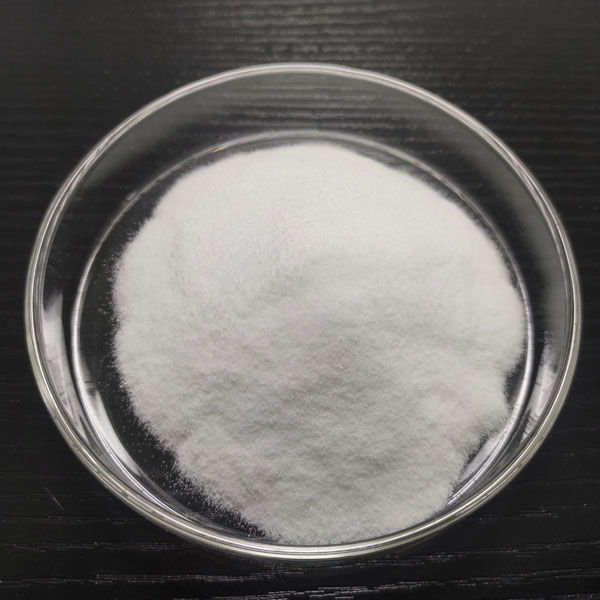Basic characteristics of polyvinyl alcohol
(1) Viscosity: Its viscosity varies with variety, concentration and temperature. As the concentration increases, the viscosity value rises sharply; as the temperature increases, the viscosity decreases significantly.
(2) Adhesion: Polivinil alkol has strong adhesion to hydrophilic porous surface materials, such as paper, textiles, wood, concrete, mortar and smooth and non-absorbent surfaces.
(3) Film-forming properties: It can form a better flexible film, and the mechanical strength of polyvinyl alcohol can be adjusted by plasticizers.
(4) Gas impermeability: Afterpolyvinyl alcohol is formed into a film, it is highly impermeable to many gases, especially oxygen, carbon dioxide, hydrogen, helium, hydrogen sulfide and so on. But for chlorine and water vapor, the gas permeability is high, and the gas has a high passing rate for polyvinyl alcohol.
(5) Chemical resistance: It has high corrosion resistance to calcium hydroxide, acetic acid, most inorganic acids, sodium nitrate, aluminum chloride, calcium chloride, calcium carbonate, sodium sulfate, and potassium sulfate.
(6) Water solubility: The solubility of polyvinyl alcohol is closely related to the degree of alcoholysis of the product. Products with a degree of alcoholysis of 87% to 89% have good water solubility, such as polyvinyl alcohol PVA24-88, which has a degree of alcoholysis of 88%, and can be dissolved well in cold or hot water. In actual production, the use of hot water can speed up the dissolution rate. Products with a degree of alcoholysis above 90% can only be dissolved in hot water at 95°C.


